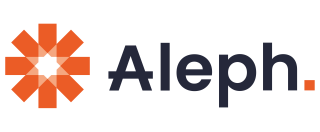Analytical Audit
Our analytical audit provides a systematic approach to understanding and enhancing your organisation’s analytical requirements, processes and capabilities. It includes the presentation of the audit findings (including a process model and list of capability gaps) and the generation of a series of recommendations designed to help your organisation improve its analytical performance.
The analytical audit investigates and documents a series of analytical functions within your organisation. We examine how source information is being discovered and prioritised by your organisation, and investigate the tools and methods you use to conduct analysis and add information value. Our approach also involves tracking how information is shared internally and with your partners. Finally, we determine how your organisation uses its analytical output directly to support decision-making and implementation.
If you are interested in understanding how the Analytical Audit can help you identify ways to extend your analytical capacity, please get in touch.
aleph@alephinsights.com
The first stage will be to use mixed methods (structured interviews, surveys and documentation review) to examine your organisation’s approach to sourcing, processing, disseminating and exploiting information.
This task will develop and define a systematic and improved process for handling data in support of analysis which augments your current business operating model.
This task will bring together the outputs of the audit into a coherent set of evidence-based recommendations in a written report. These will cover quick wins and a proposed architecture for a longer term capacity building programme.
Finally, we will work with you to support the implementation of these recommendations, assisting with training, developing supporting resources and integrating analytical technologies as required.
